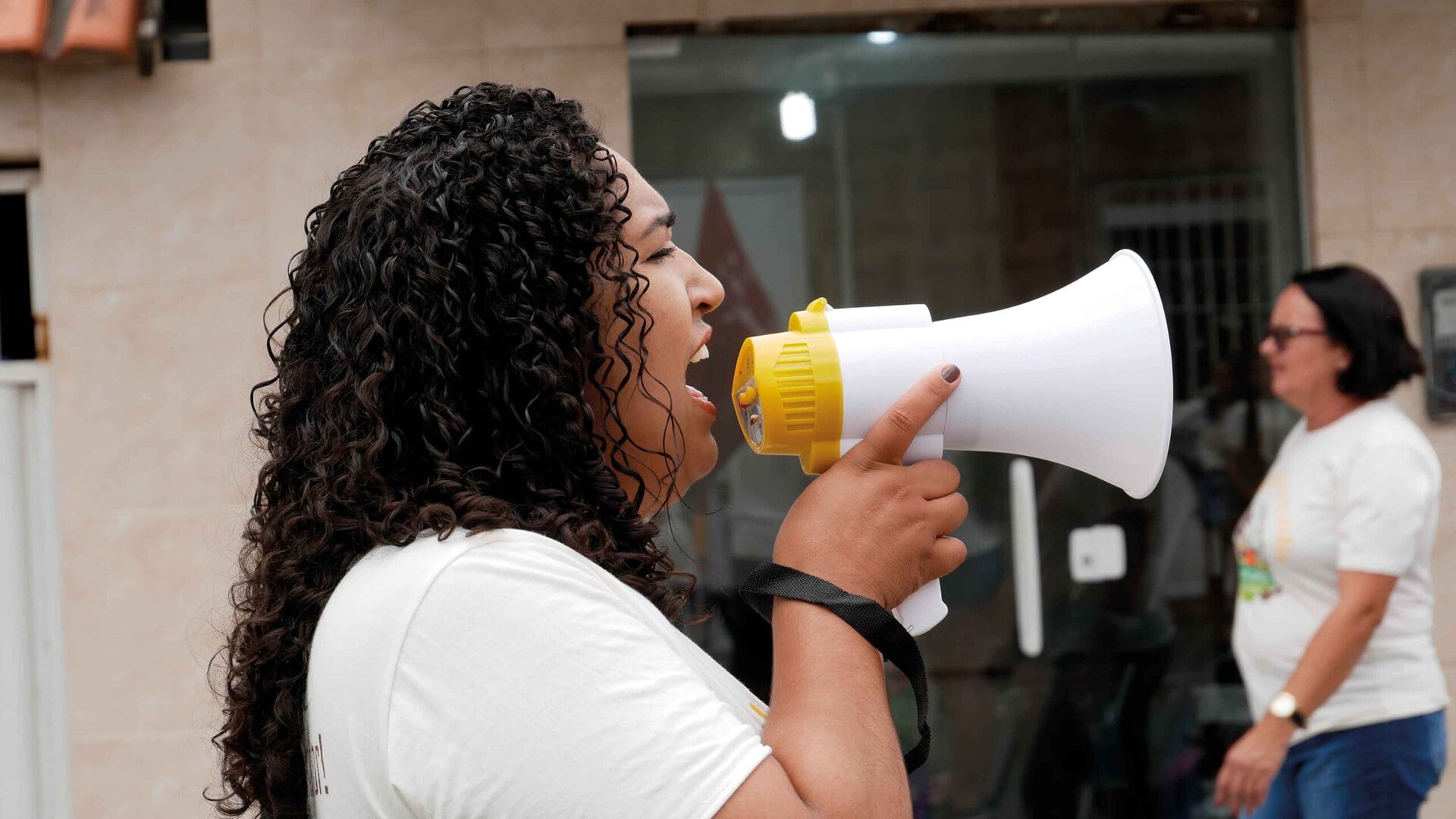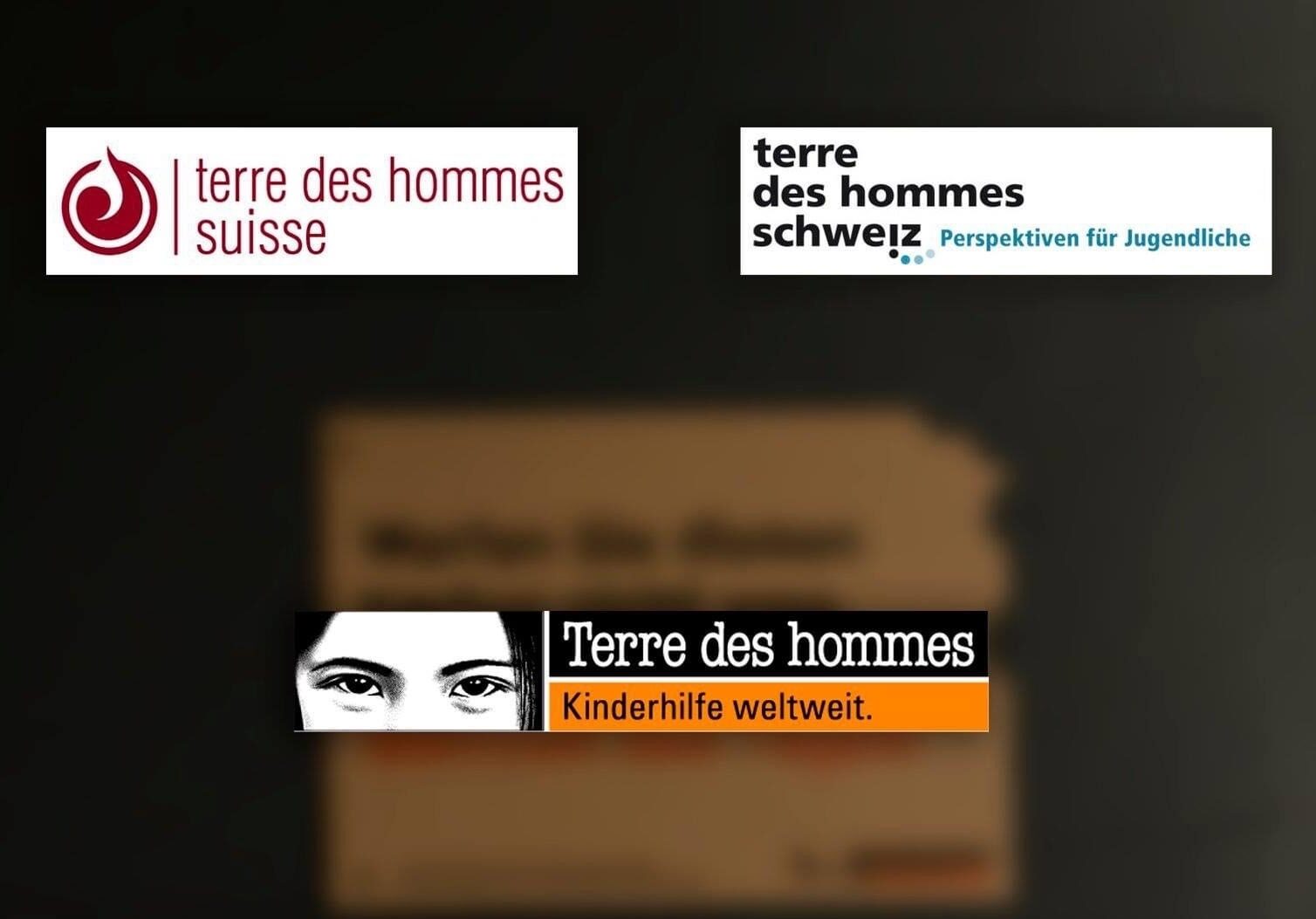It didn’t take long after the Confederations Cup for the international media to lose interest in reporting on Brazil. The social, economic and political grievances have not disappeared into thin air as a result. The same applies to those who are working to solve the problems. On the contrary: the protests and actions may have become smaller, but they have become more diverse.
Impressed by the huge and mostly peaceful protests, people around the world looked to Brazil in the summer. Sparked by increases in public transport fares, a wave of demonstrations and rallies spread across the country. The number of people, the masses of people, who protested against the problems in Brazil in those weeks and months surprised not only the international community, but also the people in Brazil. The time had come to express their discontent and displeasure.
Social and political crisis
As the media caravan moved on after the end of the Confederations Cup, international attention practically disappeared. But the protests have not. Although they have lost some of their massiveness, they have become broader and more diverse. The crisis of political representation has become obvious.
There are answers to the burning questions
The current situation in Brazil is complex: conditions are unsatisfactory and trust in the political elite has been completely lost. From this seemingly hopeless situation, it is only possible for certain sections of the population to name what is wrong. Others have answers that they have been formulating for years. So far, they have just not been noticed.
Efforts to make a difference are nothing new. This is also demonstrated by the daily work of terre des hommes schweiz with partner organizations in Brazil. This includes the partner organization Centro Sabia, which is building concrete future prospects in organic farming with and for young people in north-eastern Brazil. (What exactly is Centro Sabia about?).
A flash mob in Recife
Centro Sabia held a flash mob in the center of Recife at the beginning of July. Among other things, a large banner was placed on the façade of a residential building and streets were closed for a short time. (see video below). The flash mob was entitled “Who really feeds us?” and aimed to make passers-by aware of the relationship between urban and rural areas and the problems and dangers of the agricultural industry. With the help of young women and men, 500 baskets of organic food and information brochures were distributed.
A lasting experience
It remains to be seen what effect the protests will have on the future of the country. In any case, they were a valuable experience. Many people, especially young people outside of participatory projects such as Centro Sabia, were able to learn that public space is a place for politics and that they themselves can make a difference.



